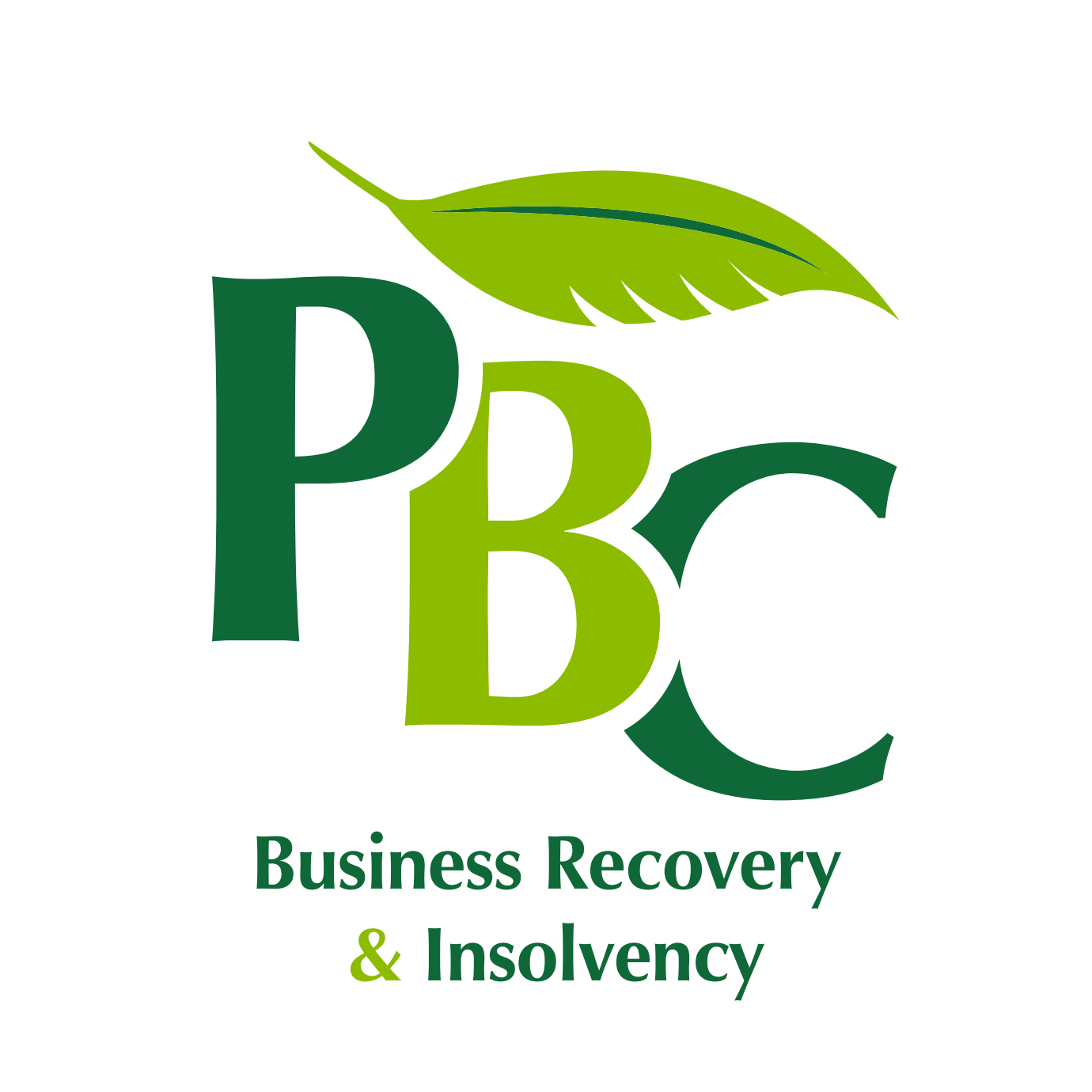As a business owner, put your hand up if you enjoy doing the administrative bits, the paperwork, the analysis of trade performance etc. We wonder how many of those reading this now have a raised hand. Very few, we wager.
The fact is, very few of us like the operational demands of running a business and would much prefer to just be doing the business. Unfortunately, many with that mindset end up calling PBC.
Recent figures indicate the number of businesses under significant financial distress rose by almost 31% to over 554,500. Add to this the 40,000 businesses (a 20% increase) described as being under critical financial distress and these numbers make uncomfortable statistics.
Okay, if you analyse the above statistics in greater detail, you will see much of the corporate failure reported is down to economic trends, unforeseen or unavoidable circumstances, such as the COVID pandemic or the failure of a major customer drags you down as a casualty of its demise. However, while there are many reasons for a company to fall into financial difficulties, one common theme, is a lack of real time financial awareness, that can result in a business failing.
Doing the business should come naturally as you are providing what your skillset offers. However, comments such as, “My bookkeeper produces monthly management accounts, but I do not understand them so stick them in a draw for my accountant,” is not uncommon.
Some of the core areas of focus:
- If you do not like paperwork then engage a bookkeeper (preferably one that comes on recommendation of your accountant).
- Understand your trading accounts. That is either learn the accounting basics or, in the alternative, let your accountant explain them in simple terms. Ask questions as it is essential you understand.
- Keep on top of your cash flow projections. These can show how the business is performing, help you plan strategy for going forward and identify early on where there is room for improvement or future bumps in the road.
- Be aware of the trends impacting on your industry. This may assist in the way you operate and can influence other areas, such as pricing.
- NEVER bury your head in the sand and hope negative issues will go away. Invariably, when problems intensify, without meeting them head on enhances the chance you will become one of these statistics.
Should the feedback you are receiving from your advisors be of a negative nature then seek professional advice without delay. It is not a coincidence, where advice is sought early, the more positive outcomes prevail.
If you need any advice or assistance on any corporate restructuring or insolvency-related issue, then please contact PBC Business Recovery & Insolvency on 01604 212150 (Northampton), 01908 488653 (Milton Keynes) or email to enquiries@pbcbusinessrecovery.co.uk. Alternatively, visit www.pbcbusinessrecovery.co.uk for further information.











